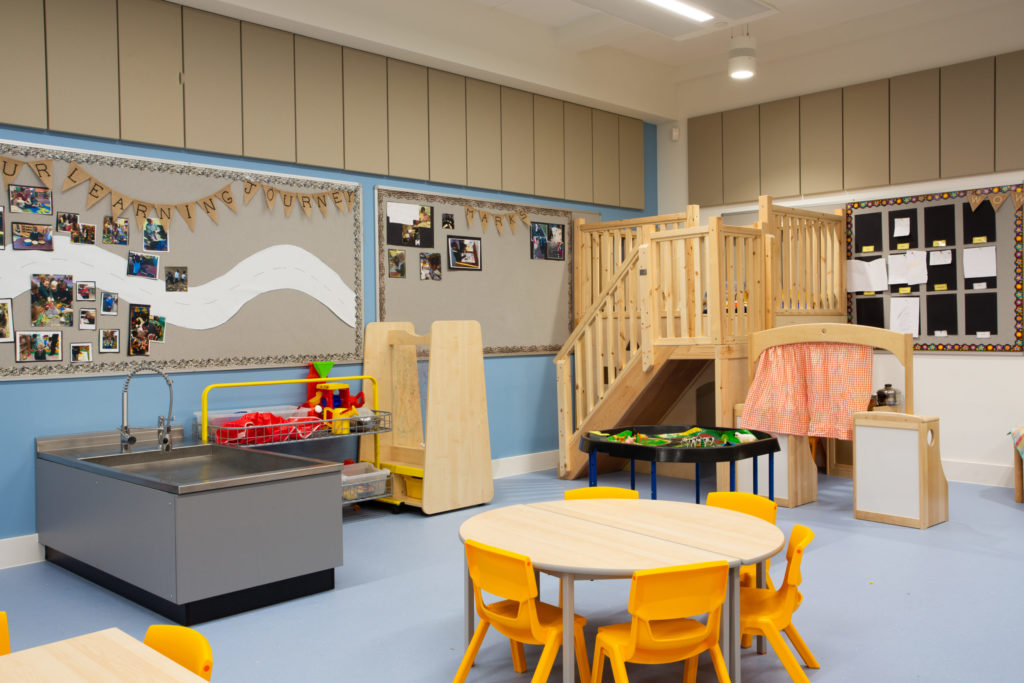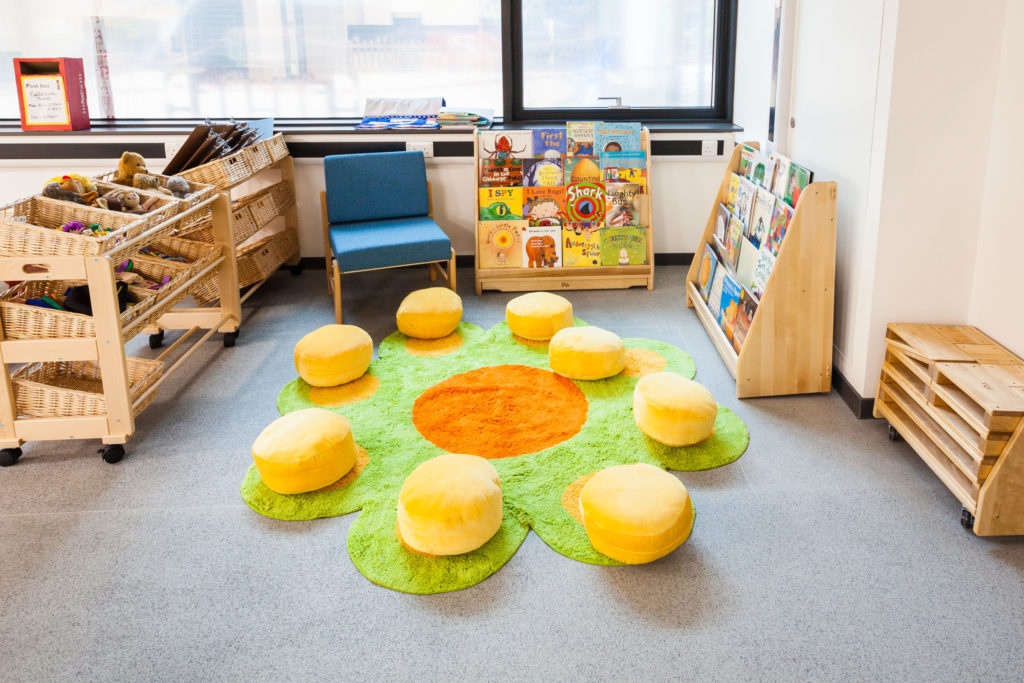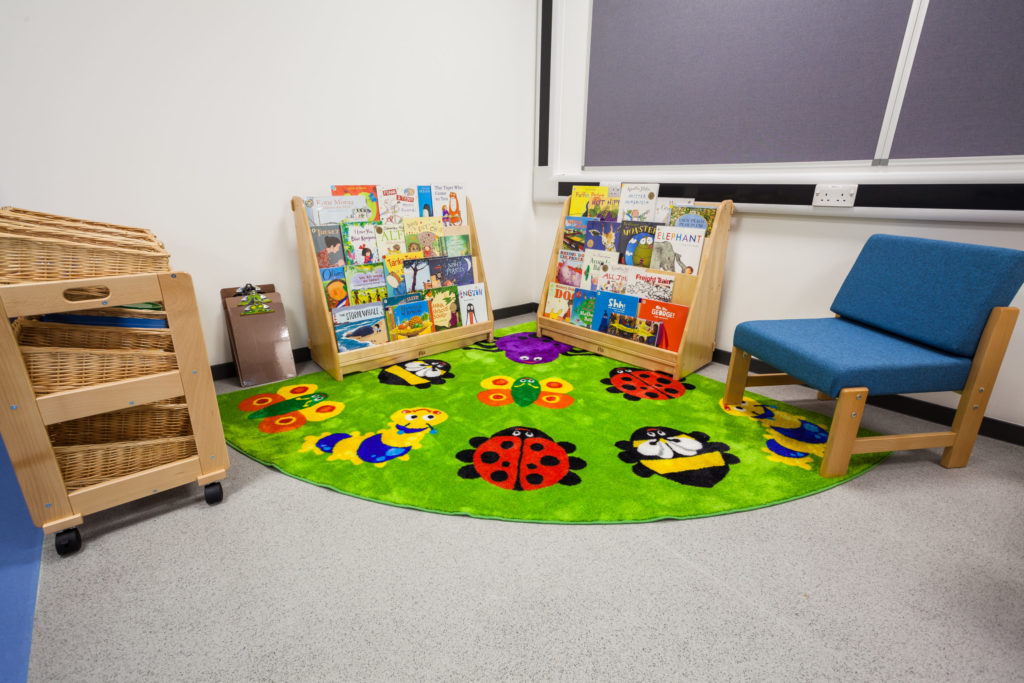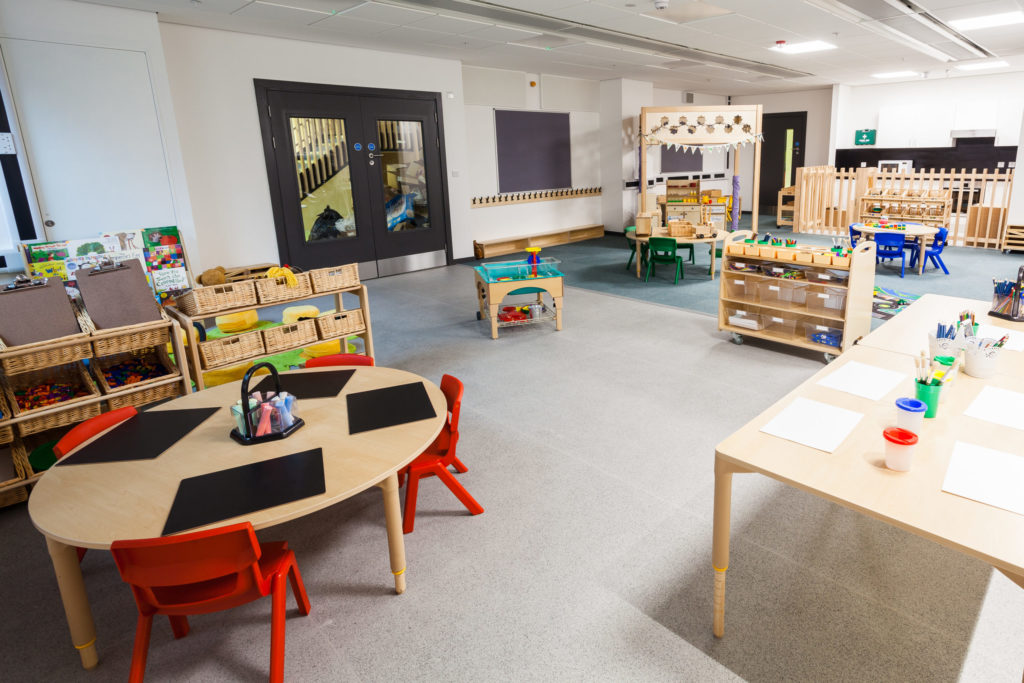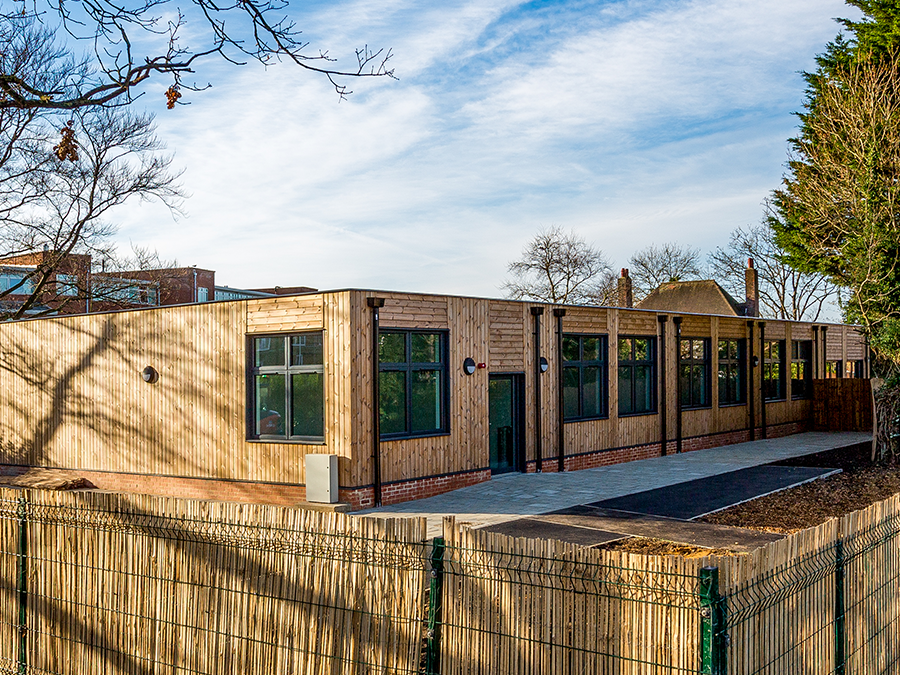
FF&E and Modular Construction
October 22, 2020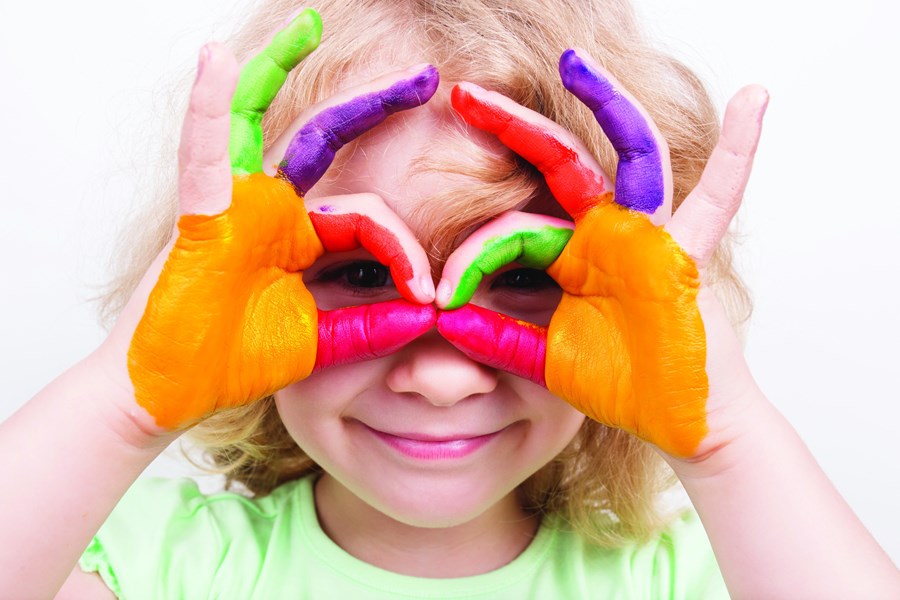
The Trudy Primary Range is back!
March 3, 2021Key Areas To Help Children Develop In An Early Years Classroom
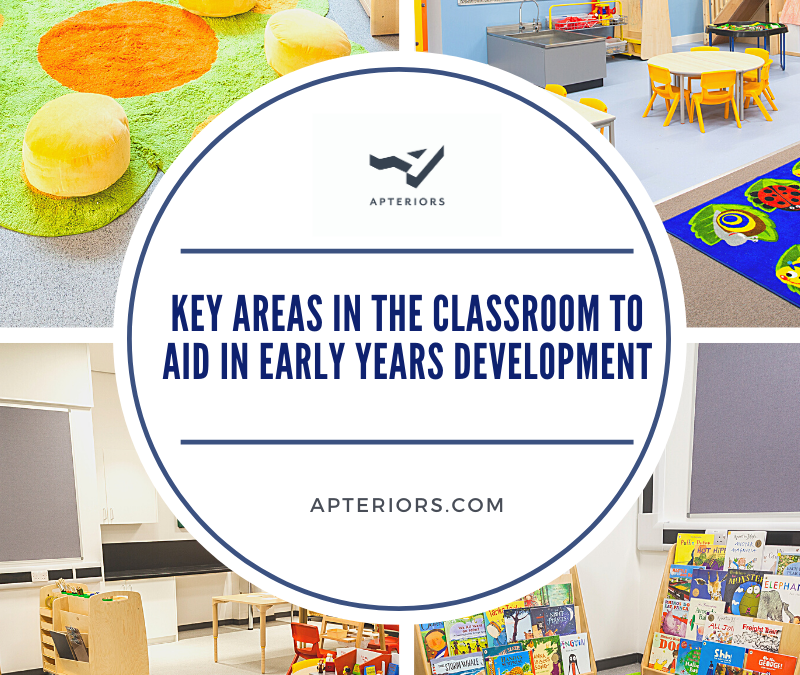
Arguably the best way to prepare children for their adult life is to teach them the vital skills that they need as children. These key skills involve, making relationships, self-confidence & self-awareness, managing feelings and behaviour, listening & paying attention, understanding, speaking and cognitive abilities. All of which are a continual development process even as adults! Teaching these at a young age is crucial to help our little learners succeed in the future.
In the mainstream, it is said that children learn best when they are given appropriate responsibility, allowed to make errors, decisions, and choices. Keeping this in mind, planning early years classrooms to ensure they aid children’s development is key. This is Apteriors speciality, ensuring we can get the best out of a learning environment to supplement these growing life skills.
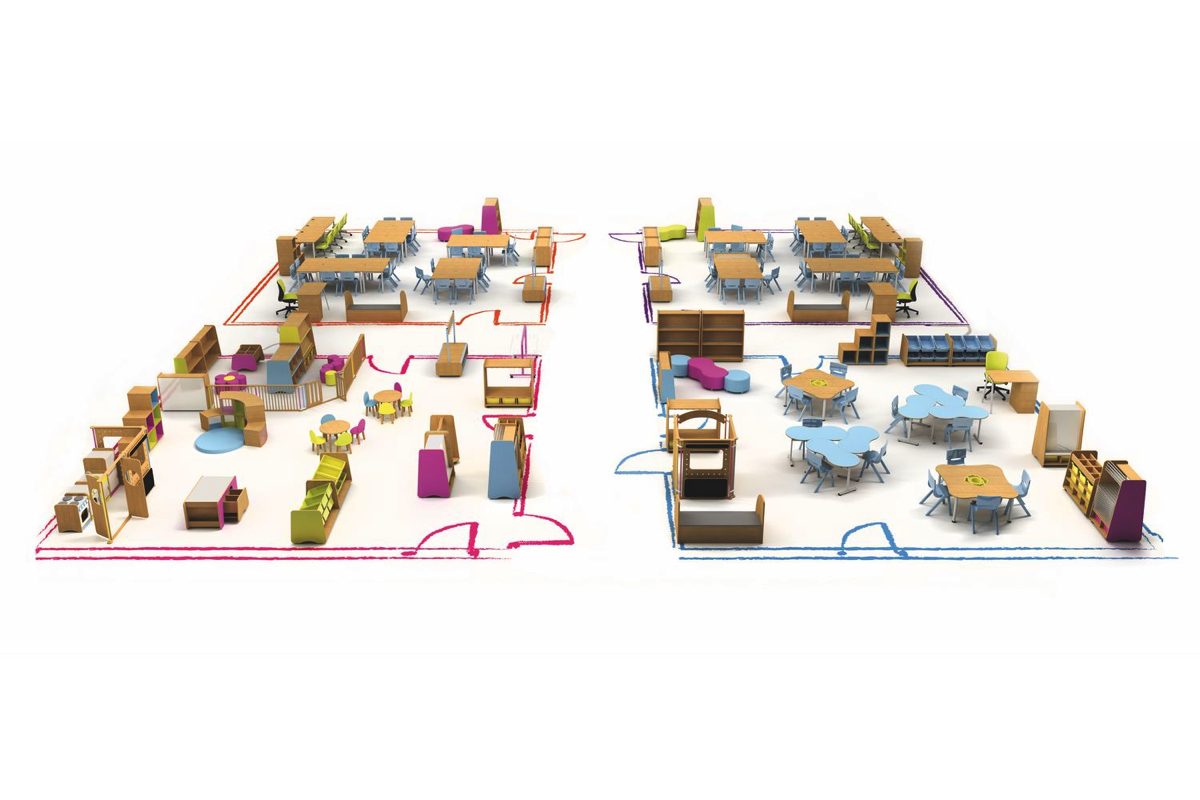
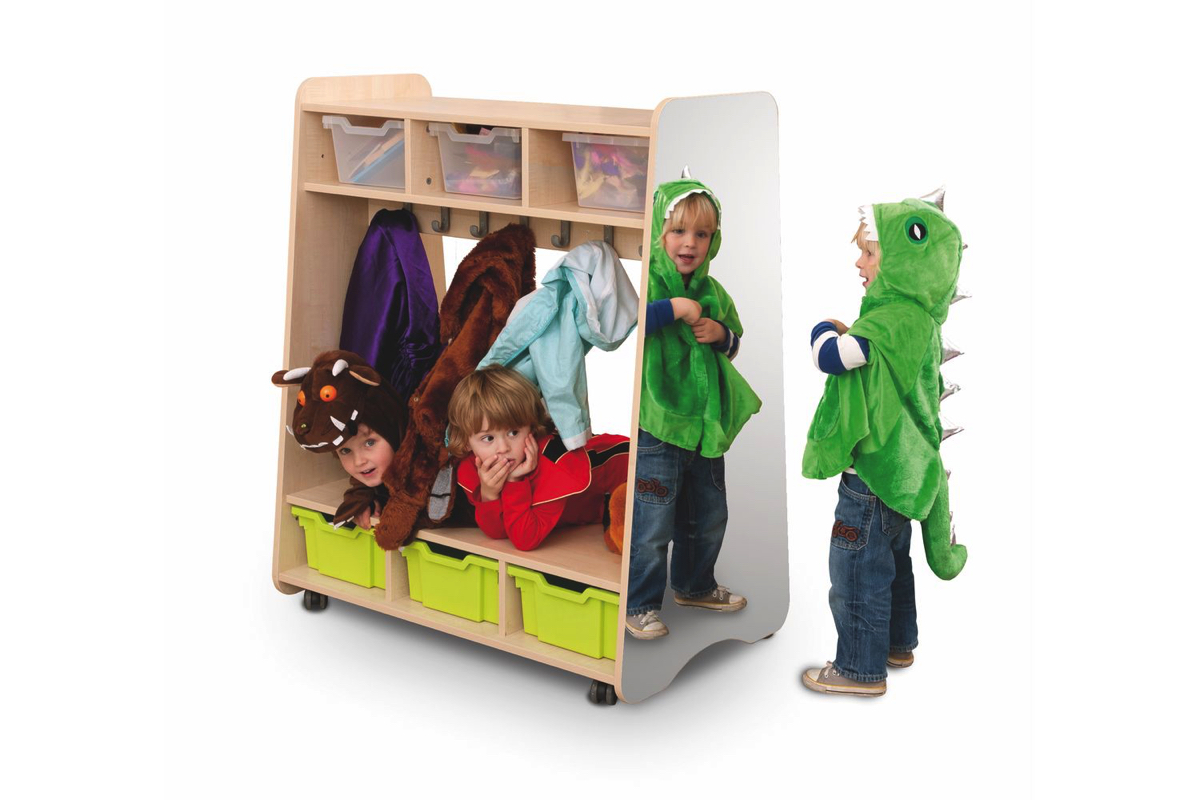
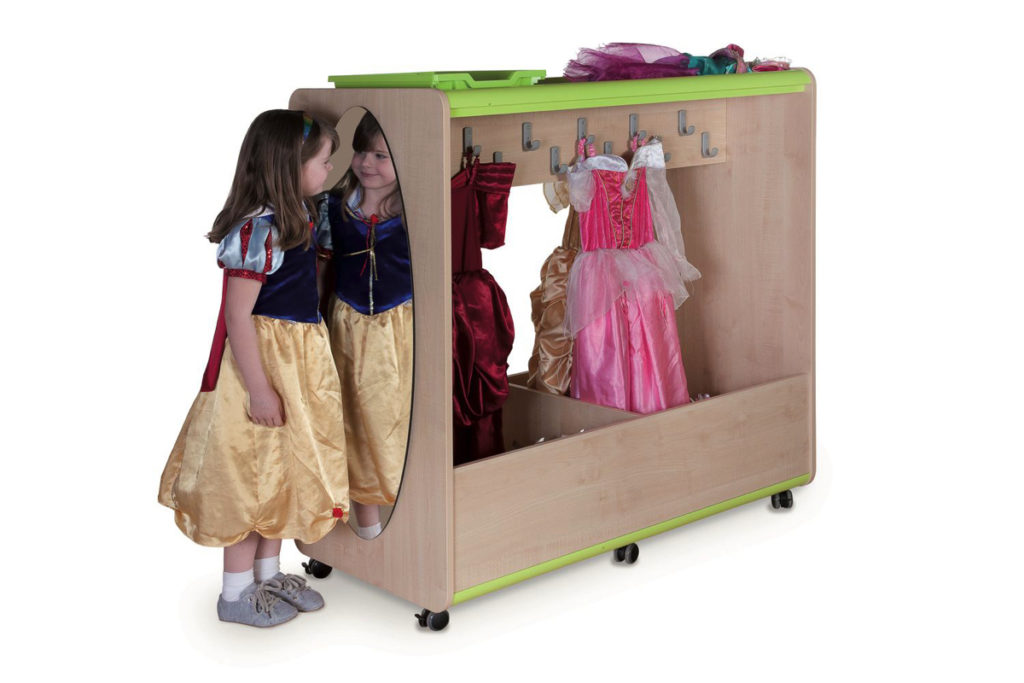
Small world
No early year’s classroom is complete without a role play area. Through the power of play, children can develop several skills, including language, creativity, recognising and dealing with emotions and social skills.
A play area enables children to explore and make sense of the world around them and use and develop their imagination and creativity. The classroom will need to store clothes and dress-up props, and the appropriate child height furniture is a must. Dressing-up helps children to begin to make sense of the adult world, roles, and interests, as well as boosting social interaction. Similarly, furniture that is flexible and can become anything from a kitchen to an office, to the doctor’s surgery or the hairdressers, to let their imaginations run wild.
Maths Area
Maths in the early years is a crucial steppingstone for developing children. Building essential maths skills from an early age, enhances a child’s critical thinking and helps them learn how to apply mathematics’ concepts throughout everyday life. We can introduce maths in the classroom, through giant number sets, measuring bottles and large chalkboards featuring a grid with numbers, counting money in their role play shops and much more!
Creative Area
Art-based activities allow children to express their feelings, ideas, and be creative! Art builds children’s confidence, self-esteem and promotes high level thinking and problem solving. 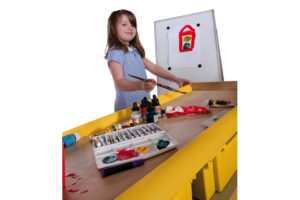
Drawing and painting is a massive hit with children too, especially with easels. Double-sided easels are a great choice. Children can find more creativity by standing up rather than sitting still at a table. Additionally, they are strengthening their upper arms and core muscles! Tabletop easels are an easy solution if you would like to have a more multi-functional space. The art area will be full of materials like paper, crayons, markers, glue, scissors, paint and play dough. It can get very messy! Having easy clean up mats and aprons can help prevent major mess and save a lot of cleaning up time. Storage such as mobile tray units and cupboards are useful to keep art material tidy and organised.
Reading Corner
Creating a calm, welcoming space for children to quietly read and think is important. A cosy, quiet place can be created with soft seating to encourage curling up with a book or a soft and comfortable mat that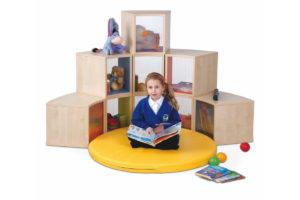 will help create a relaxing area for story time. Have fun with this space, there are so many options for themes and furniture that can really boost the space such as bean bags, canopies, and cushions.
will help create a relaxing area for story time. Have fun with this space, there are so many options for themes and furniture that can really boost the space such as bean bags, canopies, and cushions.
Messy Play
Scooping, digging, and pouring is what will be happening in the messy play area. Sand teaches children how things work, whilst also building coordination. Like sand play, water enables children to experiment, it is great for learning consequences of actions. Both are staple sensory activities that should be in every early year’s classroom, the area would include a water table, a wet-sand table, and a dry-sand table.
Construction zone
Counting bricks, measuring weight, and moving objects all contribute to making a child think outside the box, complete certain tasks, improve hand-eye coordination and encourages their independent learning. Great items for this area can be as simple as some carboard boxes to any items safely used in DIY. The possibilities for the imagination within this subject are endless, it can also aid with making children more aware of sustainability, recycling and making use of old materials in order to reduce our impact on the environment.
Outdoors
All of the above classroom areas are great in aiding children’s development but there is one more area we cannot forget! The fun can also extend outside of the classroom. Nature Play, is not only healthy, but it also stimulates exploration and the beginnings of biology. It also helps children to become more independent and inquisitive about their surrounding environments. Getting to learn about the weather, climbing apparatus to improve their balance and cognitive abilities & risk assessing around them with their classmates also running around is very valuable for their everyday lives.
So, there we have it, j just some of the areas in an early years classroom where you could benefit from selecting the right furniture to support each of the different tasks and skills that will be developed there. Putting together simple furniture items such as tables and chairs, mobile storage, soft furnishings etc with a plan and purpose to suit the different key areas of learning will show its benefits immediately.
If you need a little help with your space, why not get in touch with us and let our specialist team create an amazing space for your little learners!
Please contact us at info@apteriors.com or 0208 545 2678, you can also visit our website Apteriors.com, we would love to hear from you.
Apteriors Case studies
Kings Cross Academy and Tigerway
